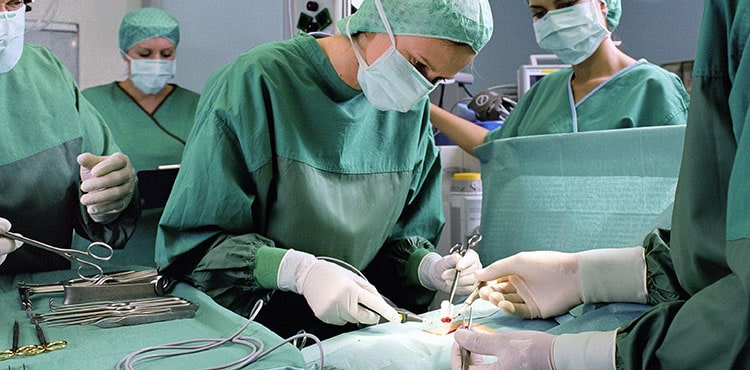
A Fetch 2 Aspiration Catheter recall has been issued by Boston Scientific due to complaints of shaft breakage. Although there have been no reports of injury of death as of the recall date, there is a possibility of embolism of device fragments, which could lead to the obstruction of blood flow or additional surgery to remove a fragmented device. Affected patients and their families may be eligible to pursue compensation with the help of a defective medical device lawyer.
For more information, contact Attorney Group today. We offer free, confidential, no obligation consultations. We can help answer your questions, and if you choose to pursue a case we can connect you with an affiliated Fetch 2 Aspiration Catheter recall lawyer who can assist you throughout the legal process.
What is a Fetch 2 Aspiration Catheter?
The Fetch 2 Aspiration Catheter is a thrombectomy catheter used during procedures to remove blood clots from coronary arteries, restoring blood flow to the heart. If breakage occurs during a procedure, pieces of the catheter could block blood supply to the heart or other blood vessels, potentially resulting in the need for additional surgeries, patient injury or even death.
Fetch 2 Aspiration Catheter Recall
On March 22, 2016, Boston Scientific initiated a recall of over 21,000 Fetch 2 Aspiration Catheters due to complaints of shaft breakage. According to a safety alert issued by the U.S. Food and Drug Administration (FDA), all reports of shaft breakage occurred during procedures. The broken section of the catheter was either removed while still attached or retrieved without further patient complications.
Originally manufactured by Bayer Medical Care before Boston Scientific acquired the catheters, patients and health care providers should look for devices packaged and labeled as a product of Bayer. The device was manufactured between June 11, 2014 and February 19, 2016. There are a total of 21,155 devices on the market subject to the recall, including the following UPN codes associated with the devices:
- FETCH2 US 109400-001
- FETCH2 OUS 109400-002
- FETCH2 CANADA 109400-003
- FETCH2 JAPAN 109400-004
- FETCH2 EU 109400-005
Devices were distributed nationwide, including in Washington D.C. and the Virgin Islands. A complete list of device lot numbers can be found here.
The FDA has identified this as a Class I recall, the most serious type of recall. Patients and health care professionals are warned that the use of these devices may cause serious injury or death.
Who is Affected and What Should They Do?
According to the FDA’s recall notice, patient groups undergoing a thrombectomy procedure and health care professionals using the device to conduct those procedures will be affected by the recall. In a press release issued by Boston Scientific on April 8, 2016, the company advised all affected patients and health care professionals to discontinue the use of all affected devices immediately, return any unused devices to Boston Scientific Corporation and contact the company should additional questions arise.
How a Fetch 2 Aspiration Catheter Recall Lawyer Can Help
Medical device makers have a duty to provide safe products. If there are risks of harm associated with their devices, they also must provide adequate warnings. If a device maker fails to fulfill this duty, it could be held liable in lawsuits for injuries that may result.
People injured by defective catheters may be eligible to recover money for:
- Medical Expenses
- Lost Wages
- Pain and Suffering
The families of those killed may be eligible to recover money for funeral expenses and the pain that comes with losing a loved one.
For more information, contact Attorney Group. You can fill out the form on this page or contact us by phone or email.
After you contact us, an attorney will follow up to answer questions that you might have. There is no cost or obligation to speak with us, and any information you provide will be kept confidential.
Please note that the law limits the time you have to pursue a claim or file a lawsuit for an injury. If you think you have a case, you should not delay taking action.





